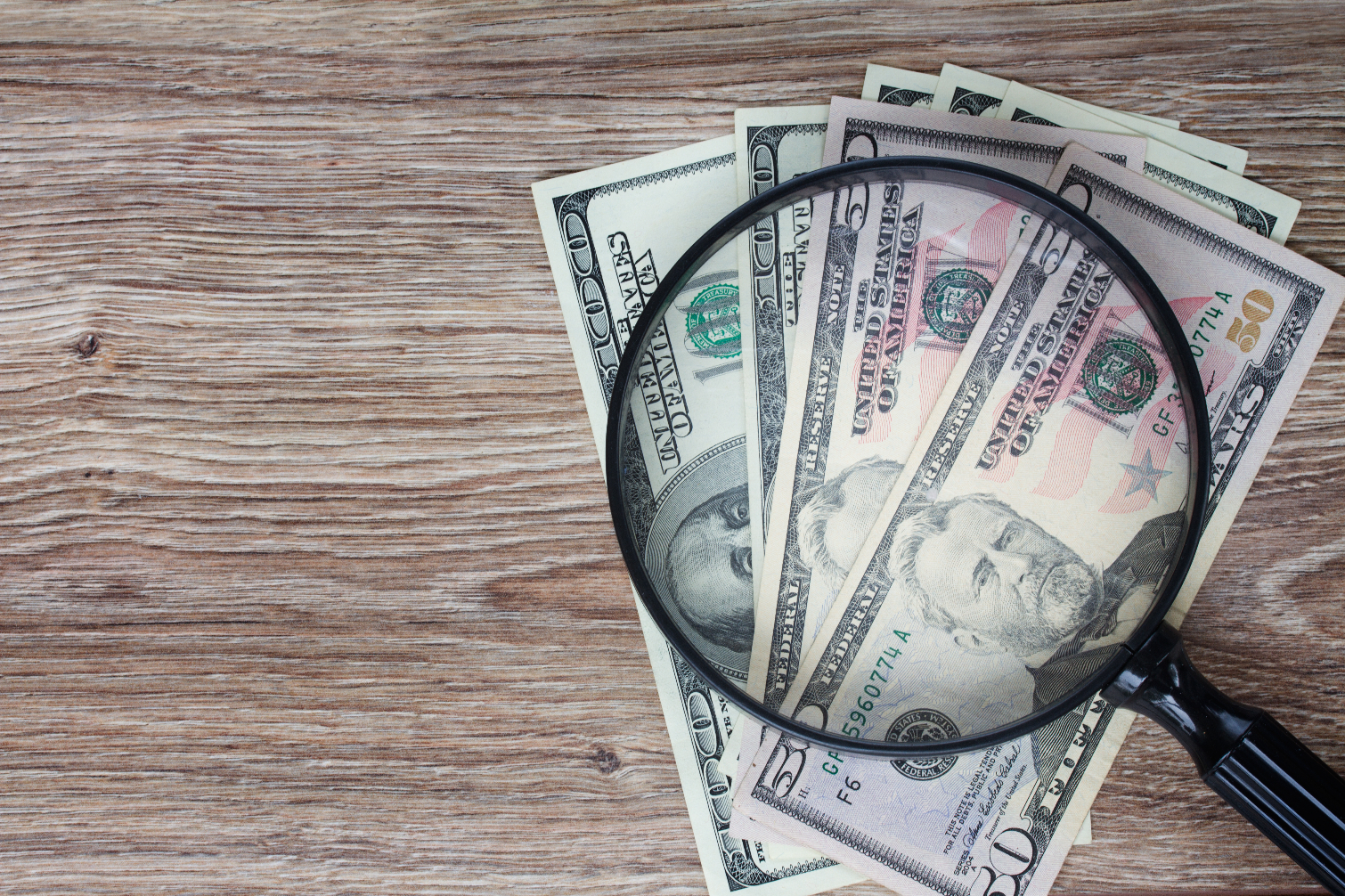How to Find and Recover Unclaimed Money That You're Owed
Nearly every U.S. state is sitting on unclaimed money. Here are free and legit ways to get your lost money back.
Here at Tom’s Guide our expert editors are committed to bringing you the best news, reviews and guides to help you stay informed and ahead of the curve!
You are now subscribed
Your newsletter sign-up was successful
Want to add more newsletters?

Daily (Mon-Sun)
Tom's Guide Daily
Sign up to get the latest updates on all of your favorite content! From cutting-edge tech news and the hottest streaming buzz to unbeatable deals on the best products and in-depth reviews, we’ve got you covered.

Weekly on Thursday
Tom's AI Guide
Be AI savvy with your weekly newsletter summing up all the biggest AI news you need to know. Plus, analysis from our AI editor and tips on how to use the latest AI tools!

Weekly on Friday
Tom's iGuide
Unlock the vast world of Apple news straight to your inbox. With coverage on everything from exciting product launches to essential software updates, this is your go-to source for the latest updates on all the best Apple content.

Weekly on Monday
Tom's Streaming Guide
Our weekly newsletter is expertly crafted to immerse you in the world of streaming. Stay updated on the latest releases and our top recommendations across your favorite streaming platforms.
Join the club
Get full access to premium articles, exclusive features and a growing list of member rewards.
The thrill of finding lost money is unrivaled, especially if you don't even remember losing it. Sometimes it's small: a forgotten $5 you discover in a jacket pocket. But sometimes it's major: hundreds of dollars owed to you by the state that you didn't know about.

Finding out if there's lost money with your name on it isn't the easiest process, because there's no centralized database where that information is stored. You have to do a little bit of detective work: Guess which states or organizations might owe you money, then track down their websites and enter your personal details.
Be careful: Some sites look credible but aren't, and some look scammy as hell but are actually legit. If you're concerned about the website's authenticity, call the phone number listed on the website. No phone number listed? That's a reason to be suspicious.
Where to Track Down Your Missing Money
So, how can you figure out where your lost money may be hiding?
Well, first, you have to figure out what entities might owe you cash, beginning with the states you've lived in. The federal government's information services website recommends starting at the National Association of Unclaimed Property Administrators (NAUPA) website Unclaimed.org, which contains links to each state's unclaimed money search engine.
NAUPA runs its own search engine, MissingMoney.org, where you can check your name across several states' databases, but it doesn't include every state. If your state isn't on the list, use Unclaimed.org to find the link for your state.
Get instant access to breaking news, the hottest reviews, great deals and helpful tips.
Be sure to check every state you've lived in over the years, because changing addresses is one of the key reasons why money goes missing to begin with. States lose track of your address and have no way to contact you.
You can search for any name, not just your own. I was disappointed to discover that I had no unclaimed money in any state I've lived in, but I did find some money owed to my parents. You're welcome, Mom and Dad!
State treasuries aren't the only places where money could be hiding. Here are a few other places where your cash could be parked:
- The Internal Revenue Service's website is the best place to find a tax refund that went unclaimed or couldn't be delivered to your address (which is a good reason to have refunds directly deposited into your bank account, if possible).
- The federal government also recommends checking the Department of Labor's Wage and Hour Division database to search for unclaimed back pay from a former employer.
- If you think you're owed pension money from a company that went under, the Pension Benefit Guaranty Corporation offers a search engine for finding those funds.
- Have an FHA-insured mortgage? You may be owed a refund, which you can search for on the U.S. Department of Housing and Urban Development website.
Don't fall for phone calls promising missing money in exchange for personally identifying details, such as your social security number. The Federal Trade Commission has outlined several ways to figure out if a call is legitimate. The No. 1 rule: Anyone who asks you to send money in exchange for money is a scammer.
Caitlin is a Senior editor for Gizmodo. She has also worked on Tom's Guide, Macworld, PCWorld and the Las Vegas Review-Journal. When she's not testing out the latest devices, you can find her running around the streets of Los Angeles, putting in morning miles or searching for the best tacos.
 Club Benefits
Club Benefits










